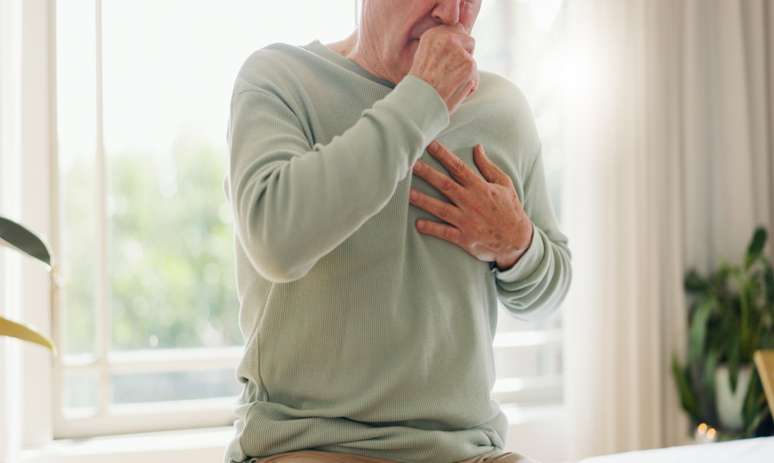Cases of stroke and heart attack increase between 20% and 30% respectively during the cold season. Find out how to protect yourself in winter
According to the National Institute of Cardiology (INC), low winter temperatures can increase the incidence of heart attacks by up to 30% and the occurrence of cerebrovascular accidents (CVA) by up to 20%. This increase is linked to the fact that cold increases blood pressure, a significant risk factor for disease.
Why do diseases such as heart attack and stroke occur more often in cold weather?
Neurosurgeon Victor Hugo Espindola, a stroke specialist, explains that the human body tries to maintain a constant internal temperature of 36ºC. At colder temperatures, the nerve endings in the skin activate the production of catecholamines.
The substance that accelerates the metabolism to preserve body heat. This leads to contraction of blood vessels, which increases blood pressure and requires more effort from the heart to pump blood.
Additionally, reducing water intake in cold weather can also contribute to dehydration and increased blood viscosity. Therefore making it more prone to clotting.
Severity of the problem
Cardiovascular diseases represent the main cause of death in Brazil. Among these, the ones that stand out the most are heart attack and stroke, which drive the death statistics.
According to data from the Transparency Portal of the Civil Registry Offices of Brazil, with the reduction in deaths from Covid-19, stroke has once again become one of the main causes of death in the country, being responsible for 10% of all deaths.
Prevention
The neurosurgeon believes that taking preventative measures, understanding the risks associated with colds, and raising awareness of the importance of maintaining healthy habits throughout the year are key steps in mitigating the negative impact on cardiovascular health.
“The prevention of this type of problem does not happen immediately during the colder seasons. This is because it is necessary to maintain healthy habits throughout life, such as practicing physical activity, going to the doctor regularly and avoiding smoking and a sedentary lifestyle, which these are factors which increase susceptibility”, says the doctor.
Source: Terra
Ben Stock is a lifestyle journalist and author at Gossipify. He writes about topics such as health, wellness, travel, food and home decor. He provides practical advice and inspiration to improve well-being, keeps readers up to date with latest lifestyle news and trends, known for his engaging writing style, in-depth analysis and unique perspectives.







-1hrj9zm92lf8j.jpg)

